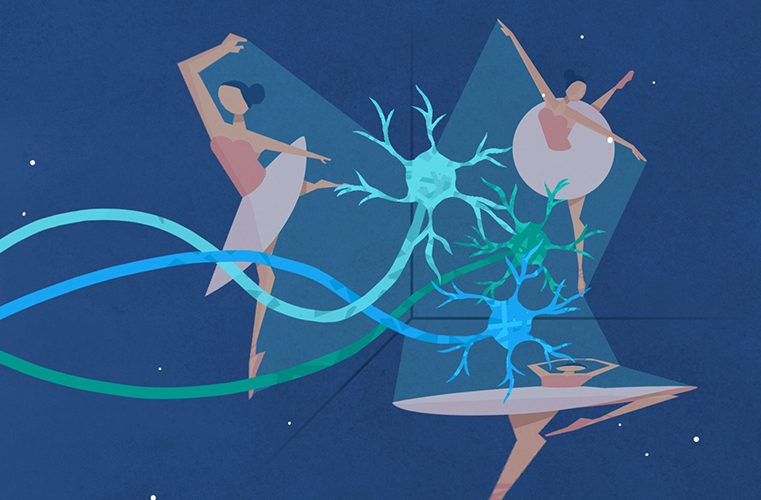
Humans have been called “the symbolic species” because they are capable of grasping abstract symbolic patterns that could be generalized to a broad range of novel stimuli. This capacity is most evident in the domain of language learning, as well as in mathematics and music, where human cognition is vastly more developed than that of other primates. It is often proposed that language faculty reflects a broader human-specific ability to acquire and represent recursive structures or regular combinations of symbols. Searching for comparative evidence on the neural representation of rules and symbols may therefore shed light on the evolutionary origin of human-specific cognition.
Research
view more

By conducting psychophysics, electroencephalogram, and functional magnetic resonance imaging experiments in humans, and single/population-unit recording and two-photon calcium imaging in awake macaques and marmosets, the lab is aimed to investigate the neural and computational mechanisms of sequence learning, working memory, and consciousness.

